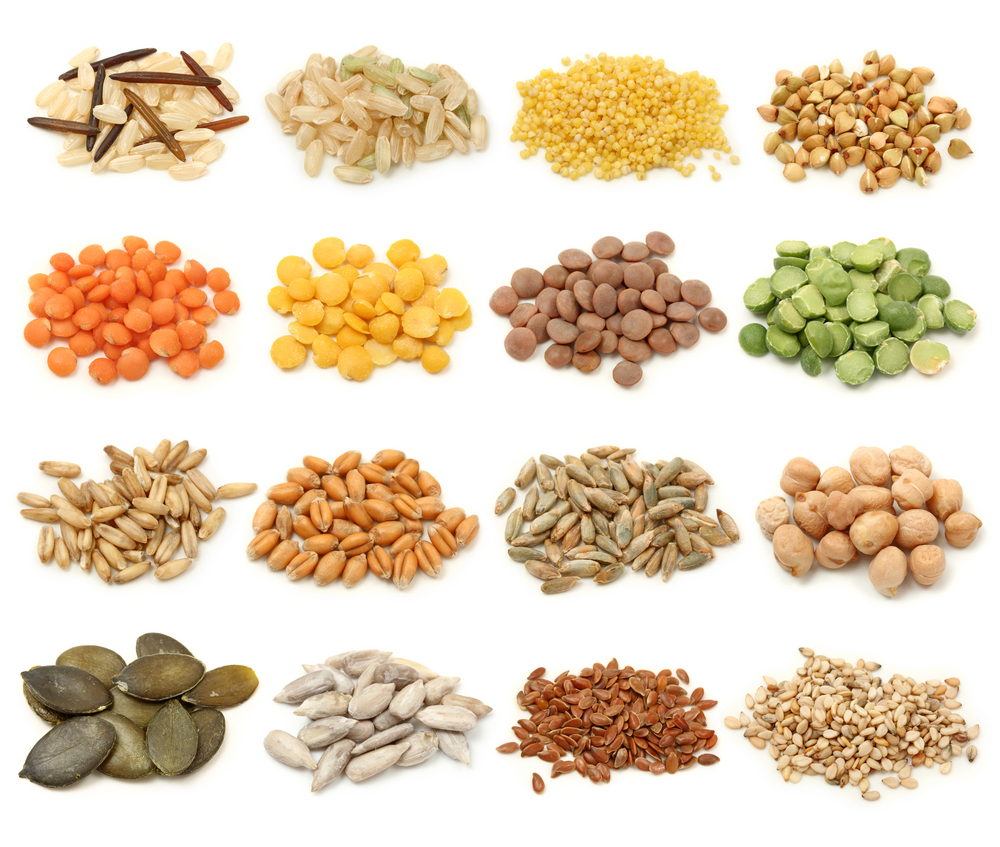You sprinkle them on bagels and stir-fry dishes without thinking twice, but sesame seeds might be one of the most underestimated superfoods sitting in your pantry. These tiny seeds contain a unique combination of compounds that can significantly impact heart health and blood sugar control in ways that could reduce your risk of cardiovascular disease and diabetes.
While sesame seeds have been cultivated for thousands of years in traditional medicine systems, modern science is finally catching up to validate their impressive health benefits. The concentrated nutrition in these small seeds delivers therapeutic effects that rival many prescription medications for managing metabolic health.
Sesamin compounds target cholesterol production
Sesame seeds contain lignans called sesamin and sesamolin that have powerful effects on cholesterol metabolism. These compounds inhibit the production of cholesterol in the liver while promoting the breakdown of existing cholesterol, leading to significant improvements in blood lipid profiles.
The sesamin in sesame seeds specifically targets the enzyme responsible for cholesterol synthesis, reducing total cholesterol and LDL (bad) cholesterol levels while maintaining or even increasing HDL (good) cholesterol. This favorable shift in cholesterol ratios can significantly reduce cardiovascular disease risk over time.
Unlike statins and other cholesterol-lowering medications that can have side effects, sesamin works through natural metabolic pathways without causing muscle pain, liver problems, or other adverse reactions. Regular consumption of sesame seeds provides ongoing cholesterol management through food rather than pharmaceuticals.
Magnesium content supports heart rhythm and blood pressure
Sesame seeds are exceptionally rich in magnesium, providing about 25% of your daily needs in just one ounce. This mineral is crucial for heart rhythm regulation, blood vessel function, and blood pressure control, yet most people don’t consume adequate amounts through their regular diet.
Magnesium deficiency is linked to irregular heart rhythms, high blood pressure, and increased risk of heart attacks and strokes. The bioavailable magnesium in sesame seeds helps maintain proper electrical activity in the heart while supporting the relaxation of blood vessels that keeps blood pressure in healthy ranges.
The combination of magnesium with other minerals in sesame seeds, including calcium and potassium, creates synergistic effects that support overall cardiovascular function. This mineral profile makes sesame seeds particularly beneficial for people with hypertension or irregular heart rhythms.
Fiber and healthy fats stabilize blood sugar responses
The fiber content in sesame seeds slows the absorption of carbohydrates and helps prevent blood sugar spikes after meals. This effect is particularly important for people with diabetes or prediabetes who need to manage their glucose responses throughout the day.
Sesame seeds also contain healthy fats that improve insulin sensitivity and help regulate blood sugar levels. The monounsaturated and polyunsaturated fats in sesame seeds support cell membrane function and enhance the body’s ability to respond to insulin effectively.
The protein content in sesame seeds adds another layer of blood sugar control by providing sustained energy that doesn’t cause rapid glucose fluctuations. This combination of fiber, healthy fats, and protein makes sesame seeds an ideal snack or meal component for managing diabetes.
Antioxidants protect against diabetic complications
Sesame seeds contain powerful antioxidants including vitamin E, sesamol, and sesaminol that protect against the oxidative stress associated with diabetes and heart disease. These compounds help prevent the damage to blood vessels and organs that can result from chronic high blood sugar levels.
The antioxidant activity of sesame seeds is particularly beneficial for protecting against diabetic complications like nerve damage, kidney problems, and eye disease. Regular consumption provides ongoing protection against the inflammatory processes that accelerate these complications.
Sesame seed antioxidants also support heart health by preventing the oxidation of cholesterol that leads to arterial plaque formation. This protective effect works alongside the cholesterol-lowering properties of sesamin to provide comprehensive cardiovascular protection.
Simple ways to maximize sesame seed benefits
Choose hulled sesame seeds for better nutrient absorption and digestibility, or lightly toast whole seeds to enhance their nutty flavor while maintaining nutritional value. Grinding sesame seeds into tahini or sesame butter increases the bioavailability of their beneficial compounds.
Add sesame seeds to salads, yogurt, oatmeal, or smoothies for an easy nutrition boost that supports heart and metabolic health. Even small amounts – just one to two tablespoons daily – can provide significant health benefits when consumed regularly.
Consider sesame oil for cooking, as it contains the same beneficial lignans as the seeds while providing a flavorful alternative to other cooking oils. Cold-pressed sesame oil retains more of the beneficial compounds than refined versions.
Store sesame seeds properly in airtight containers to prevent rancidity and preserve their beneficial fats and antioxidants. Fresh sesame seeds should have a mild, nutty aroma without any bitter or off odors that indicate oxidation.
Monitor your response to sesame seeds if you have existing heart conditions or diabetes, and discuss their inclusion in your diet with healthcare providers who can help you integrate them safely with any medications or treatments you’re currently using.
















